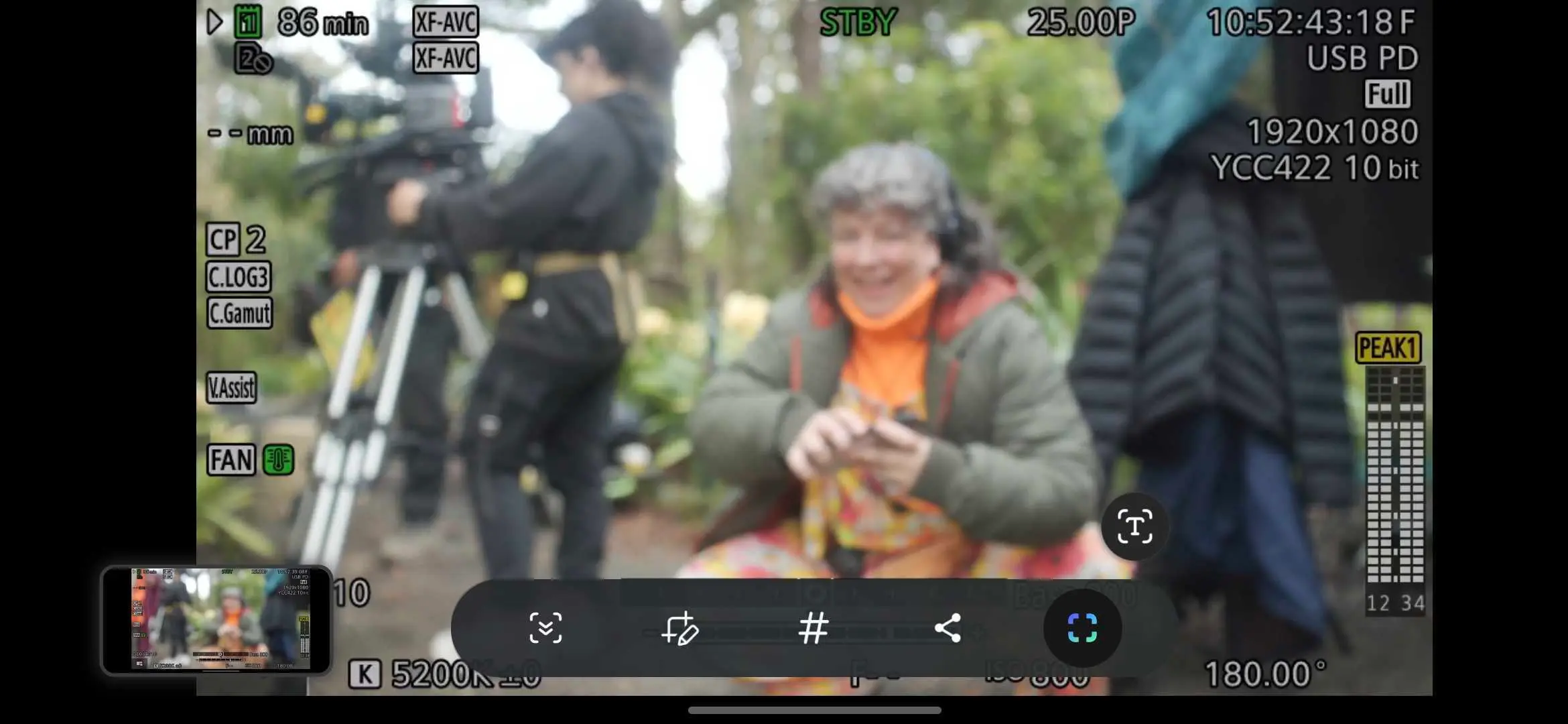11 Essential Tips for Wellbeing on Set: A Guide for Emerging Filmmakers
Making a film is exciting, but set days can be long, physically demanding, and stressful. Whether you're shooting your first short or working on a larger production, taking care of yourself and your crew isn't just good practice, it's essential for creating your best work. Here are eleven practical tips to help everyone stay safe, healthy, and creative on set.
1. Start Each Day with a Team Check-In
Before cameras roll, gather everyone for a quick production meeting. Go over the day's schedule, discuss any challenges, and set a positive tone. This is your chance to make sure everyone's on the same page and feels comfortable speaking up if issues arise. Even five minutes can make a huge difference.
2. Know Your Hazards (And Make Sure Everyone Else Does Too)
Every set has potential hazards: cables, lighting rigs, moving equipment. Do a safety walk-through before you start shooting and point out anything that could be dangerous. Make it a habit to call out when big equipment is being moved. A simple "moving tripod!" or "watch your head!" can prevent injuries.
3. Assign a Health & Safety Officer
Designate someone to be your on-set H&S point person. They should know where the first aid kit is, have emergency contact information, and know the route to the nearest hospital. It's not about being paranoid, it's about being prepared.
4. Stay Hydrated (Seriously)
Long shoot days, especially outdoors or under hot lights, can leave you dehydrated before you even realise it. Dehydration affects your focus, mood, and decision-making, all crucial when you're trying to nail that perfect shot. Keep water readily available and encourage regular drink breaks.
If you're working on a particularly demanding shoot, consider using an electrolyte supplement like Circl Hydrate+ (a proud sponsor of the Day One New Filmmaker Awards). It's designed to optimise hydration with a science-backed blend of electrolytes, vitamins, and amino acids. Great for those marathon shoot days when water alone isn't quite cutting it.
5. Feed Your Crew and Schedule Real Breaks
Never underestimate the power of good food and proper rest. Hungry, tired people get cranky and less creative. Make sure there are proper meal breaks and have healthy snacks on hand: fruit, nuts, protein bars. Build breaks into your schedule and actually stick to them. It's tempting to power through, but breaks keep everyone focused, prevent burnout, and make your shoot more efficient. Your crew will thank you, and your production will run smoother.
6. Protect Yourself from the Elements
If you're shooting outdoors, be prepared. Sunscreen, hats, and sunglasses aren't just fashion, they're essentials. Pack for weather changes too: raincoats, warm layers, or cooling gear depending on conditions. Comfortable, practical shoes are non-negotiable (yes, they might be ugly, but your feet will survive the day).
7. Handle Sensitive Scenes with Care
Shooting scenes involving violence, intimacy, bullying, or heavy emotional content requires extra consideration. Communicate clearly with your actors beforehand, have a smaller crew if needed, build in extra breaks, and check in regularly. Creating a safe, respectful environment leads to better performances and protects everyone's wellbeing.
8. Have a Plan (And a Backup Plan)
Nothing kills morale faster than chaos. Create a detailed schedule and shot list, but also prepare for when things go wrong, because they will. Bad weather? Equipment failure? Location issues? Having contingency plans reduces stress and keeps production moving.
9. Honour the Space and People You're Working With
Take time to acknowledge the land you're filming on and the people whose stories you're telling. If you're in Aotearoa, consider opening your shoot day with a karakia to set intentions and create a sense of unity. Acknowledge tangata whenua and show respect for the locations you're using.
Think carefully about where you're filming. Avoid shooting in tapu areas like urupā (graveyards) or culturally significant sites such as certain maunga and waterways without proper consultation and permission. Do your research beforehand and, when in doubt, ask local iwi or kaumātua for guidance.
10. Create a Harassment-Free, Respectful Environment
Filmmaking is collaborative and, at times, stressful, but that's never an excuse for disrespect or poor behaviour. Make it clear from day one that harassment, bullying, or discrimination of any kind won't be tolerated. Check in with your team regularly about how they're feeling, not just about the work. Be kind and patient. Remember that everyone on set is there because they care about making something great. When people feel safe, respected, and supported, they bring their best creative energy to the project.
Taking care of yourself and your crew isn't separate from making good films, it's part of it. When everyone feels safe, healthy, and supported, they bring their best creative energy to the project. These might seem like basic practices, but they're what separate sustainable filmmaking careers from burnout.
11. Have. Fun.
After all, what are we doing this for? Amidst the chaos on a time-pressured set, it pays sometimes to take a pause, take a breather, take a photo and take it all in. The time will go by fast and besides from the unreliable source that can be our memories, photos and videos will serve as a great reminder of the time spent on a film set - the good and the bad.
These photos will also serve you well in future when looking back on your career and building your portfolio as a collaborator.
Check out our video GRWM to go to set.
Now get out there and make something amazing. Happy filmmaking!
Special thanks to Circl Health for their support of emerging filmmakers through the Day One New Filmmaker Awards.
